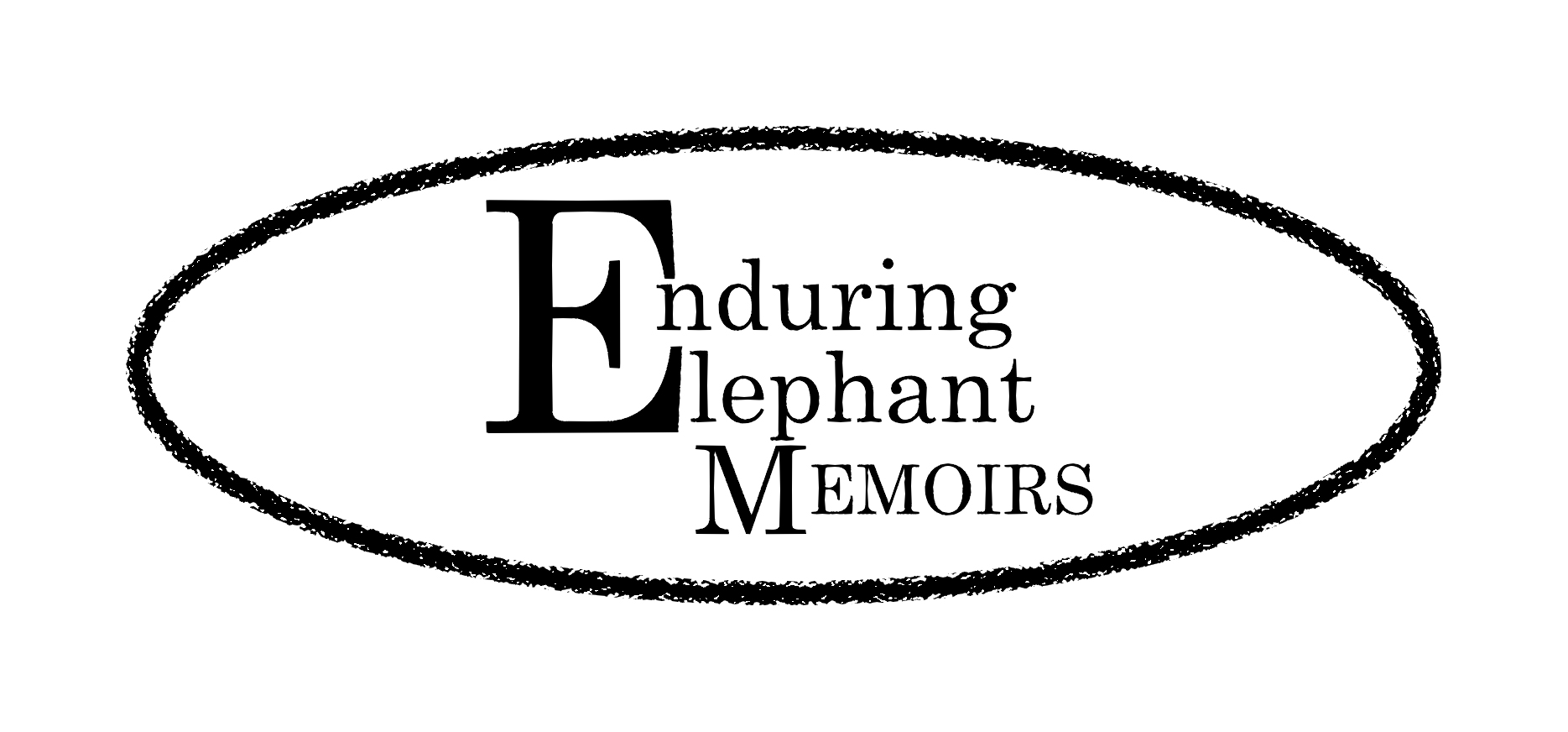Preparing to Write Your Memoir
Photo Credits: Shelby Miller, Unsplash
How to Begin Formulating Your Life Story
Before you even begin writing your life story, you must step back and review you life as if from a distance. Start by asking yourself these pertinent questions:
Who are you? (Remember you are more than your job/resume.) You are also your dreams and aspirations.
What have you learned from your life?
What are the key moments in your life? crucial turning points? Who have been your mentors and important relationships? What are your core beliefs? Your biggest mistakes? What lessons have you learned?
Introduce Yourself
Now imagine you must introduce yourself to a friend of a friend, whom you have never met:
“Hi, I’m Priscilla. I’m a memoirist with a passion for elders, life stories, and creative writing, which is my main mode of self-expression. A mother of one, I learned to appreciate and draw upon my family life for creative inspiration and insight. If life has taught me anything, it’s belief in the power of second chances.”
What is your story?
Look for possible life story angles. Generate lists of possible topics. Think about critical turning points, transitions in your life, permanent changes to the trajectory of your life. List the major milestones that transformed you. Perhaps you survived a major illness, overcame physical or emotional obstacles. Play around with lists of ideas.
Think of Themes
Identify recurring themes as they impacted you, e.g. perhaps your religious faith gave you the courage and strength to face your addiction?
Consider Context
How does your story fit into history? Were you shaped by an historical event? Maybe you were born during the Great Depression in the 1930s and grew up under the looming shadow of scarcity; or maybe you served in the Vietnam War. Maybe you were a casualty of the Dot,Com Boom/Tech Bubble in the mid-1990s forced to reinvent your career. Maybe you were impacted by events related to 9/11.
If you are someone who journals, you may want to refer to them for your thoughts and feelings on selected topics.
Memoir focuses on one aspect of your life.
It is not an autobiography that chronicles your life from birth to death. You will more likely struggle with what to omit, not what to include.
Finding A Focus
Using the concept Marion Roach Smith calls the ‘algorithm’ in her outstanding and highly recommended book, The Memoir Project: A Thoroughly Non-Standardized Text for Writing & Life, write a one-sentence summary in the following format:
“This is a memoir about X as illustrated by Y and Z.”
For example, let’s say I ask myself ‘Who am I'?’ And my answer goes something like this: “I am an adoptee who survived a stroke in my 30s only to fall victim to postpartum mental health problems.”
My life story presents at least three possible memoirs. My one-sentence summary could take the shape of any of the following:
“This is a memoir about my adoption as illustrated by my reunion, first with my accepting birthfather, and then with my rejecting birthmother.".
What is this story about? My search for identity and a sense of belonging.
2. “This is a memoir about my stroke survival as illustrated by how my stroke ‘cured’ my depression, leading to my growing sense of urgency to start a family of my own.”
What is this story about? Healing by sowing the seeds of familial love.
3. “This is a memoir about how I broke the abandonment cycle to which adoption made me susceptible postpartum as illustrated by my many hospitalizations and subsequent recovery through my attachment to my adoptive father and my concurrent close bond with my daughter,”
What is this story about? The healing power of parental love.
Notice each one-sentence summary suggests an entirely different memoir or slant on my life story.
Create your own one-sentence summary. Generate a list of experiences that support your one-sentence summary, each one a scene. Ask yourself, ‘What is my story about?’ Omit scenes, even important ones, that do not advance your summary, your slant to your life story. Keep building your memoir out of many stand-alone scenes. Judiciously use exposition to stitch together 80 scenes or essays of 750 words each into a 60,000-word memoir!

